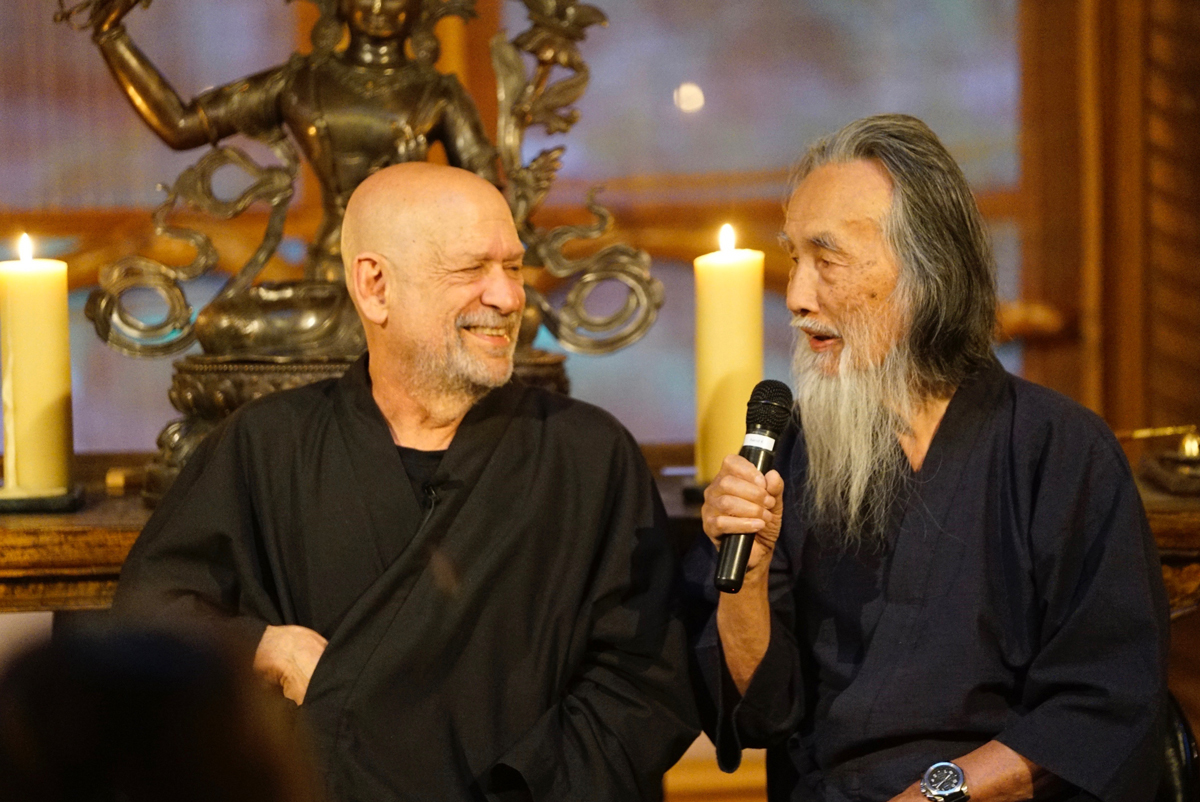Hello Everyone!
When it comes to poetry, what are you reading these days? If you’re not currently reading anything particular, what are some of your favorite poets/poetry books?
If you’d like to share, please respond below and consider including a photo of the book(s) as well (a simple list is fine though).
Just like my tea cabinet, I like to keep a number of poetry books within arm’s reach and “sip” from one or two of them each day.
Currently, I’m spending most of my reading time with the following books (although this can change on a whim):
Let’s use this thread to share updates on what we are all reading from time to time. There is so much great poetry out there, and I find that personal recommendations are often the best way to learn about new books to read.
Happy reading!
Gassho,
Seikan
-stlah-

When it comes to poetry, what are you reading these days? If you’re not currently reading anything particular, what are some of your favorite poets/poetry books?
If you’d like to share, please respond below and consider including a photo of the book(s) as well (a simple list is fine though).
Just like my tea cabinet, I like to keep a number of poetry books within arm’s reach and “sip” from one or two of them each day.
Currently, I’m spending most of my reading time with the following books (although this can change on a whim):
- Happy Life by David Budbill
- The Mountain Poems of Stonehouse translated by Red Pine
- This Present Moment by Gary Snyder
- The Voice at 3:00 A.M. by Charles Simic
- Jane Kenyon’s Collected Poems
- The Complete Poems of Kenneth Rexroth (the black hardcover in the below photo)
Let’s use this thread to share updates on what we are all reading from time to time. There is so much great poetry out there, and I find that personal recommendations are often the best way to learn about new books to read.
Happy reading!

Gassho,
Seikan
-stlah-

 Maybe I'll give writing a whirl too...maybe!
Maybe I'll give writing a whirl too...maybe!



Comment